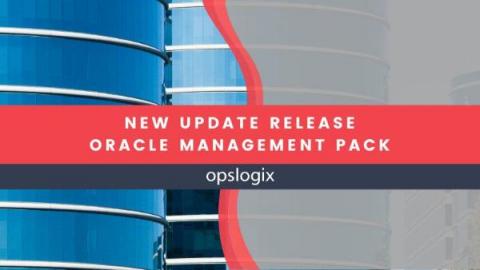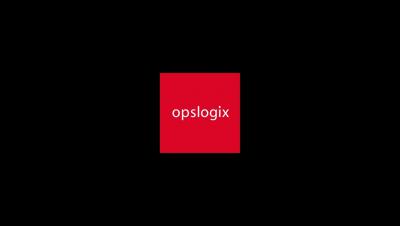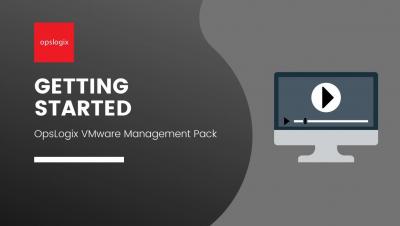A successful Monitoring as a Service Case: Drilling & Mining Industry
Migrating or restructuring a SCOM environment can seem like an overwhelming, even impossible, task. For one of our customers in the mining industry, however, it went more than well, and the improvements have been exceptional. Applying our Monitoring as a Service, they could benefit from the aggregated experiences of programmers, system administrators, and DevOps engineers that our service builds on to make the migration as smooth and trouble-free as possible.











